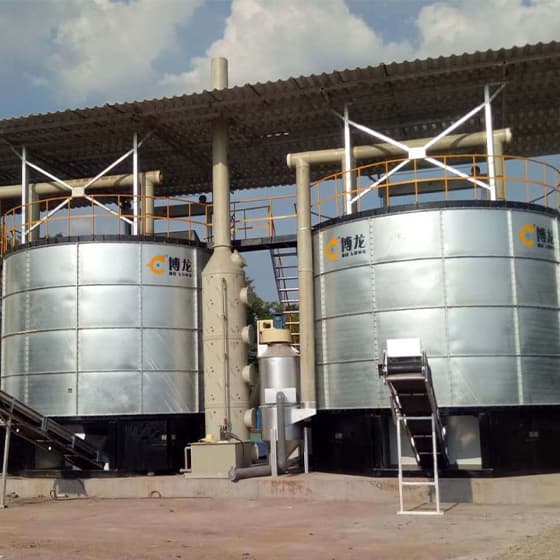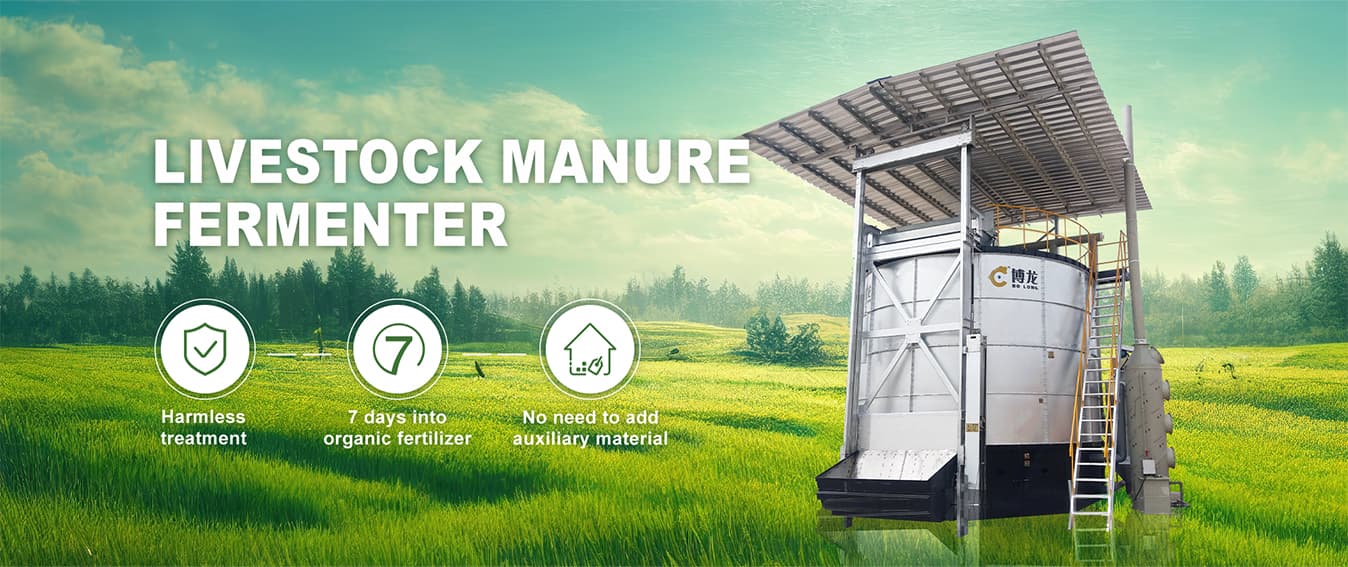Fermentation Tanks in Sustainable Landscaping Practices
Introduction
Sustainable landscaping practices aim to enhance environmental quality and resource efficiency. Fermentation tanks support these practices by providing compost that improves soil health and plant growth.
Principles of Sustainable Landscaping
Sustainable landscaping emphasizes the use of natural inputs, soil health, and biodiversity. Effective waste management and the use of organic compost are critical components of this approach.
Role of Fermentation Tanks
Fermentation tanks produce high-quality compost through controlled aerobic processes. This compost supports sustainable landscaping by enhancing soil fertility and promoting healthy plant growth.
Benefits to Landscapers and Environment
Using compost from fermentation tanks in landscaping improves soil health, reduces the need for chemical fertilizers, and enhances plant resilience. This supports environmental sustainability and resource efficiency.

Conclusion
Fermentation tanks are integral to sustainable landscaping practices. By producing compost, they support soil health and plant growth, contributing to environmental quality and sustainability.
